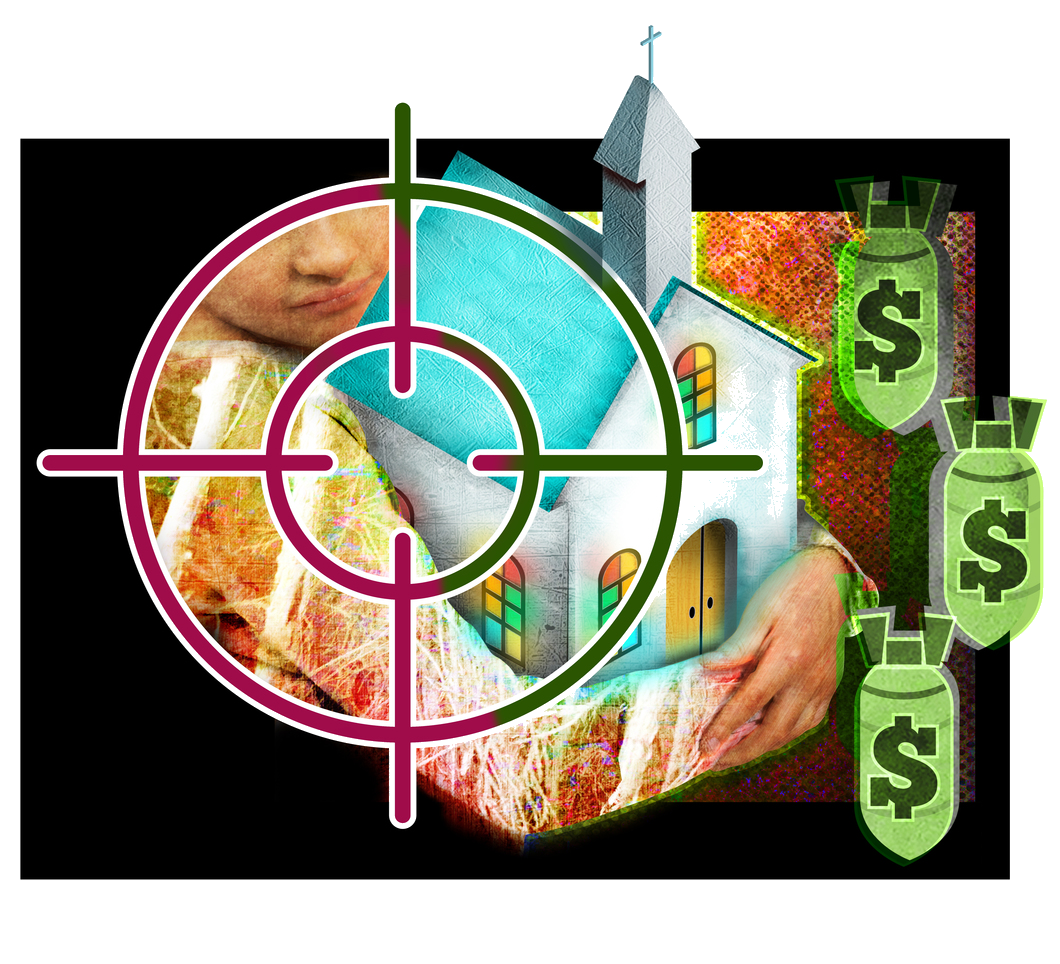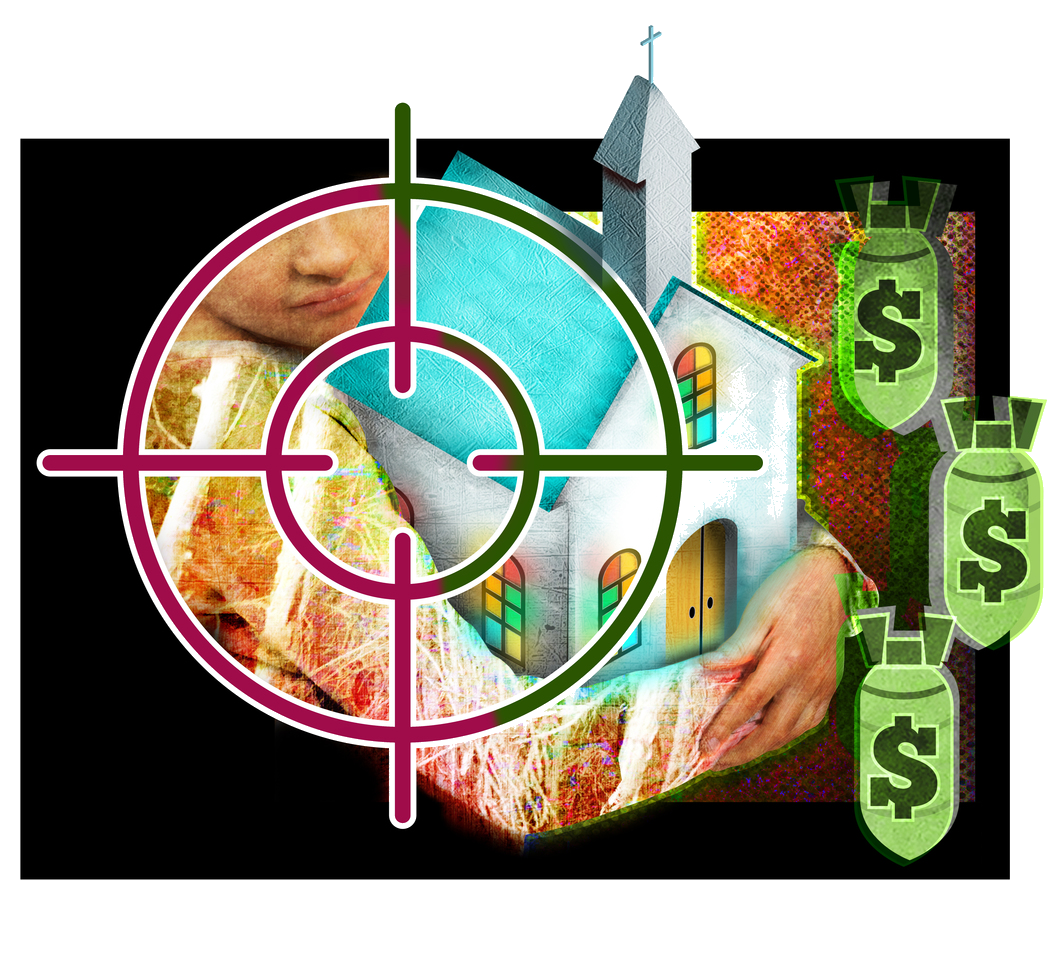Our Broken Immigration System Has Been Weaponized, Here’s What We Can Do

“You must love those foreigners living with you in the same way. Remember how you were foreigners in the land of Egypt!” Deuteronomy 10:19 The Voice
The current administration has made it a priority to come up with new anti-immigration rhetoric and policies at every turn, even separating immigrant families seeking asylum at our borders and locking them away in unsanitary and overcrowded conditions. Many have said these detention centers are, in fact, concentration camps, which is sparking debates about the moral fabric of the United States. Most of these policies—intended as a deterrent to migration—are creating more suffering for those already escaping violence in their home countries.
The already-broken immigration system is being weaponized again by the current administration. A new strategy has been implemented by the U.S. Immigration and Customs Enforcement (ICE) to target “unauthorized immigrants” taking Sanctuary in churches around the United States. Financial penalties are nothing new; they are embedded in many areas of immigration enforcement as a critical element of the “business model” of mass incarceration in which immigrants are an essential part. However, these new excessive fines are created as tools of coercion and punishment against immigrants who have come into the United States seeking refuge from oppression and injustice. Additionally, these fines act as punishment against Sanctuary congregations and against communities that rally behind these migrants. Sanctuary is provided to a person or a family as a measure of last resort; often while the person legally fights their immigration status.
This accelerated assault on congregations offering Sanctuary is nothing new. In the early 1980s, when people were fleeing corrupt governments in Central America (which the United States government was propping up), churches stepped up and voiced their objections and actions. Many churches offered Sanctuary, others participated in versions of the Underground Railroad, assisting refugees to make their way to Canada, where they were met with a kinder, merciful welcome.
The principalities and powers have historically assaulted people of faith who have sought to follow the teachings of Jesus and the principles of Hebraic Law, by welcoming and loving the sojourner. Evil empires have tried to suppress the politics of love and justice through methods of intimidation; policies that have been rarely successful and often widely disparaged. As assault and intimidation against welcoming the stranger resurfaces once again, those seeking safe harbor in our churches are hunted and threatened with laughably exorbitant civil penalties for fleeing oppression.
Making their best effort to navigate the changes in policies, our churches stand strong. Since the first century, such overreach by governmental powers has been met with faithful resistance. Sacrifice? Yes. Surrender? Never.
We are called to become “the good news.” The power of love and justice will prevail when the people of God lock arms and support one another. Against this power, these unjust and oppressive governments will cave. However, it takes intentionality and the work of unity and solidarity.
Theologian Elza Tamez once said, “God remains silent so that [people] may speak, protest, and struggle. God remains silent so that people may really become people. When God is silent, and [people] cry, God cries in solidarity with them but doesn’t intervene. God waits for the shouts of protest.”
Let us speak, protest, and struggle: “Insiste, Persiste y Resiste” for our immigrant communities. Here’s what you can do today:
Congregational Resources
1. Call/write your local representatives and ask your family members, especially children, to write as well. Show up as a congregation at rallies to show your support. There is power in numbers.
2. Raise funds for legal services for immigrant families and other needs in your congregation and community. Supporting a Bond Fund initiative has immediate impact for people held in detention or otherwise incarcerated. Check out: National Bond Fund Network or The Bail Project.
3. Make cards and write letters for special occasions and send them to the families in detention centers.
4. Invite immigration attorneys and organize studies at church around immigration and pray and organize as a church to become immigrant welcoming and/or Sanctuary.
5. Plan several Refugee and Immigrant Welcome Sundays. Once a year is not enough.
6. Get involved in your church by developing or expanding a tutoring and/or mentoring after school program for immigrant children in your community. This will have a tremendous impact on the children’s lives and their parents. It will also allow the church to meet surrounding neighbors. Look for resources like the NBA Mission & Ministry Grants to assist you in transforming your community.
Disciples Churchwide Resources
1. Stay connected to the Disciples of Christ Refugee and Immigration Ministries who are equipping our congregations with resources on how to resettle new refugee families and to advocate for immigrants. Contact Sharon Rev. Stanley-Rea, Director of RIM, for more information and Tana Liu-Beers, DHM Legal Counsel.
2. Contact the Central Pastoral Office for Hispanic Ministries for a list of Hispanic Disciples congregations in your area and contact/visit them to explore opportunities for collaboration. This is a concrete way of creating collaboration between our congregations.
3. Contact the Office of Reconciliation Ministries at to join a Transformation Team to organize for change within your congregation.
Ecumenical or Community-Based Resources
1. Find your local immigrant advocacy organizations and ask how you could join their efforts. Examples include: Faith in Action and Freedom for Immigrants.
2. Make friends with immigrant families in your neighborhood. Listen to their stories and ask how you can support each other. If language is a barrier, pray the Holy Spirit translates as needed.
As the health and social services general ministry of the Christian Church (Disciples of Christ), the National Benevolent Association partners with congregations, regions, general ministries, and Disciples-related health and social service providers to create communities of compassion and care. Founded in 1887 by six women responding to the needs of the day and on their doorsteps, for more than 130 years the NBA has continued to serve “the least of these.” Learn more at www.nbacares.org.
